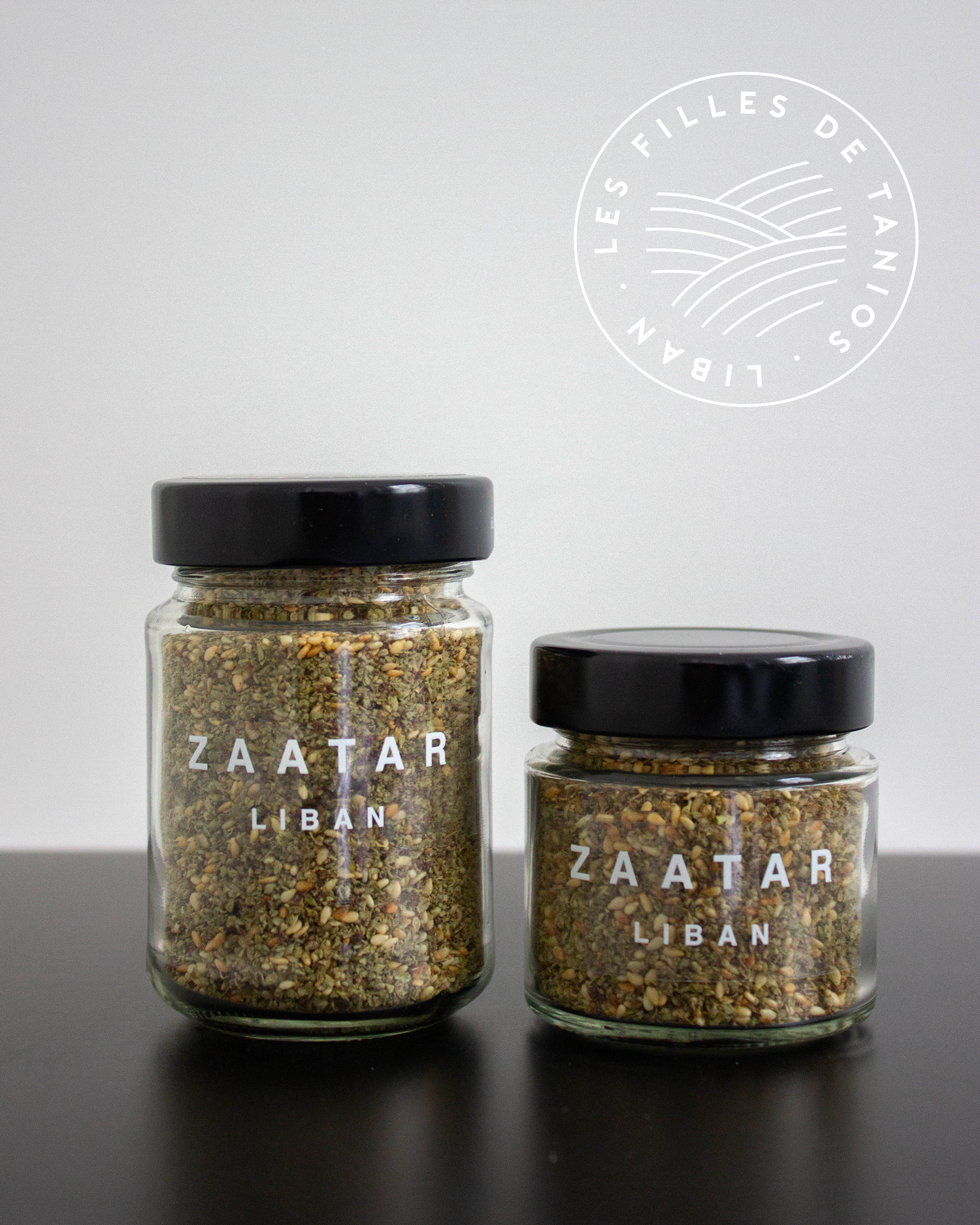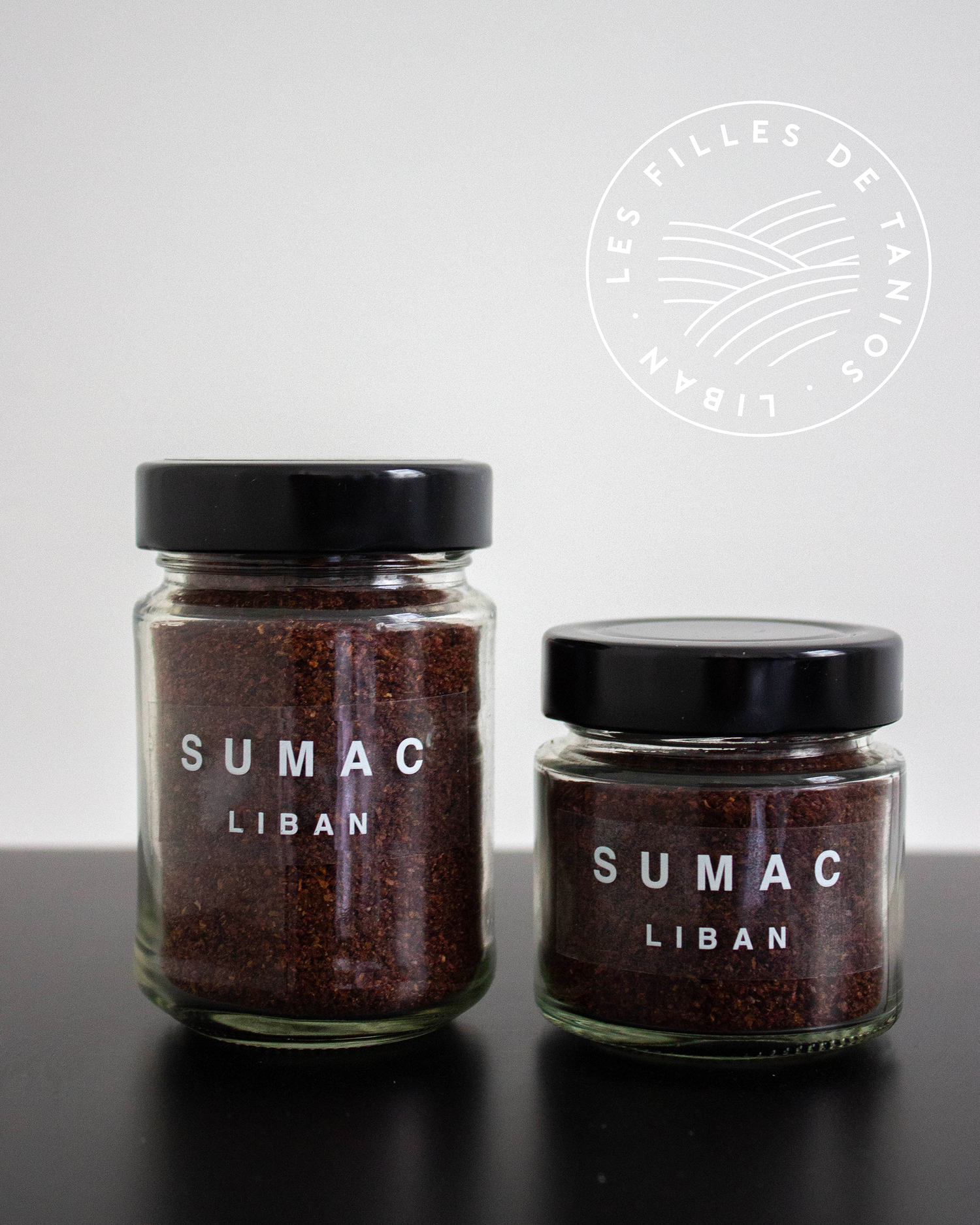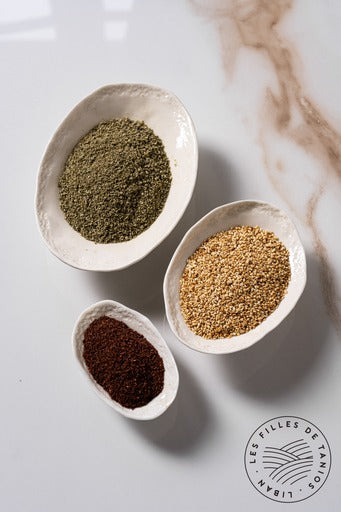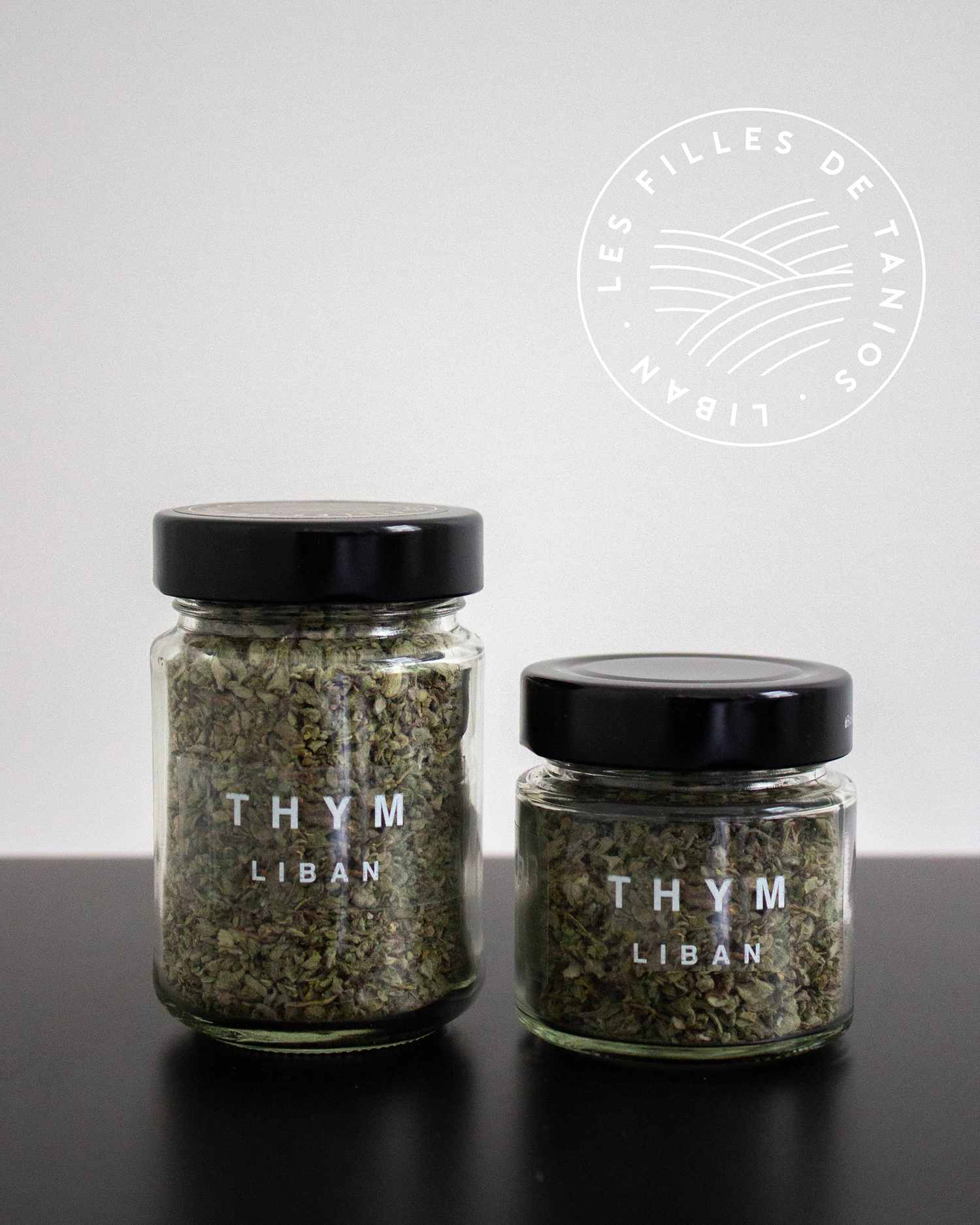Spices in Lebanon: A burst of Flavors
Lebanon is celebrated for its mouthwatering cuisine, abundunt in flavors. At the core of this culinary tradition are the spices, enchanting ingredients that infuse vitality into every dish. Let's immerse ourselves in the captivating real of Lebanese spices and uncover the distinctive essence that renders these culinary gems truly exceptional.

Za'atar: The Treasure of Lebanese villages
Za'atar is undoubtedly one of the most iconic spices of Lebanon. This blend of thyme, sumac, sesame, and salt is omnipresent in Lebanese cuisine. Its fresh and aromatic fragrance adds a unique touch to a variety of dishes, whether it's the famous man'oushe (flatbread topped with Za'atar) or fresh salads. In Lebanon, Za'atar is more than just a spice; it's a symbol of the country's culinary identity.

Sumac: The Tangy Touch
Sumac, with its vibrant purple color and tangy flavor, is another essential spice in Lebanon. It is often sprinkled on dishes to give them a slightly lemony note and a hint of subtle acidity. Sumac is a versatile ingredient used in dishes such as fattoush (grilled bread salad) or kebabs. Its use dates back centuries in Lebanese cuisine and continues to delight the taste buds of gourmets worldwide.

Baharat: The Subtle Fusion of Spices
Baharat is a complex and fragrant spice blend, typical of the Middle East, which is also widely used in Lebanon. Although recipes may vary, baharat typically includes a variety of spices: cinnamon, black pepper, cloves, and nutmeg. This blend adds depth of flavor to traditional Lebanese dishes such as kebbe (spiced meatballs) or pilaf rice. A pinch of baharat can transform an ordinary dish into an extraordinary culinary experience.

Thyme: The Aroma of the Lebanese Hills
Thyme, with its intoxicating fragrance and subtly woody flavor, is a ubiquitous spice in Lebanese cuisine. Cultivated in the fertile hills of Lebanon, thyme is used to flavor a multitude of dishes, from grills to stews to marinades. It is also widely used in infusions or inhalations for its medicinal properties. Its characteristic taste brings a herbaceous freshness to Lebanese cuisine and complements the other spices of the region perfectly.
